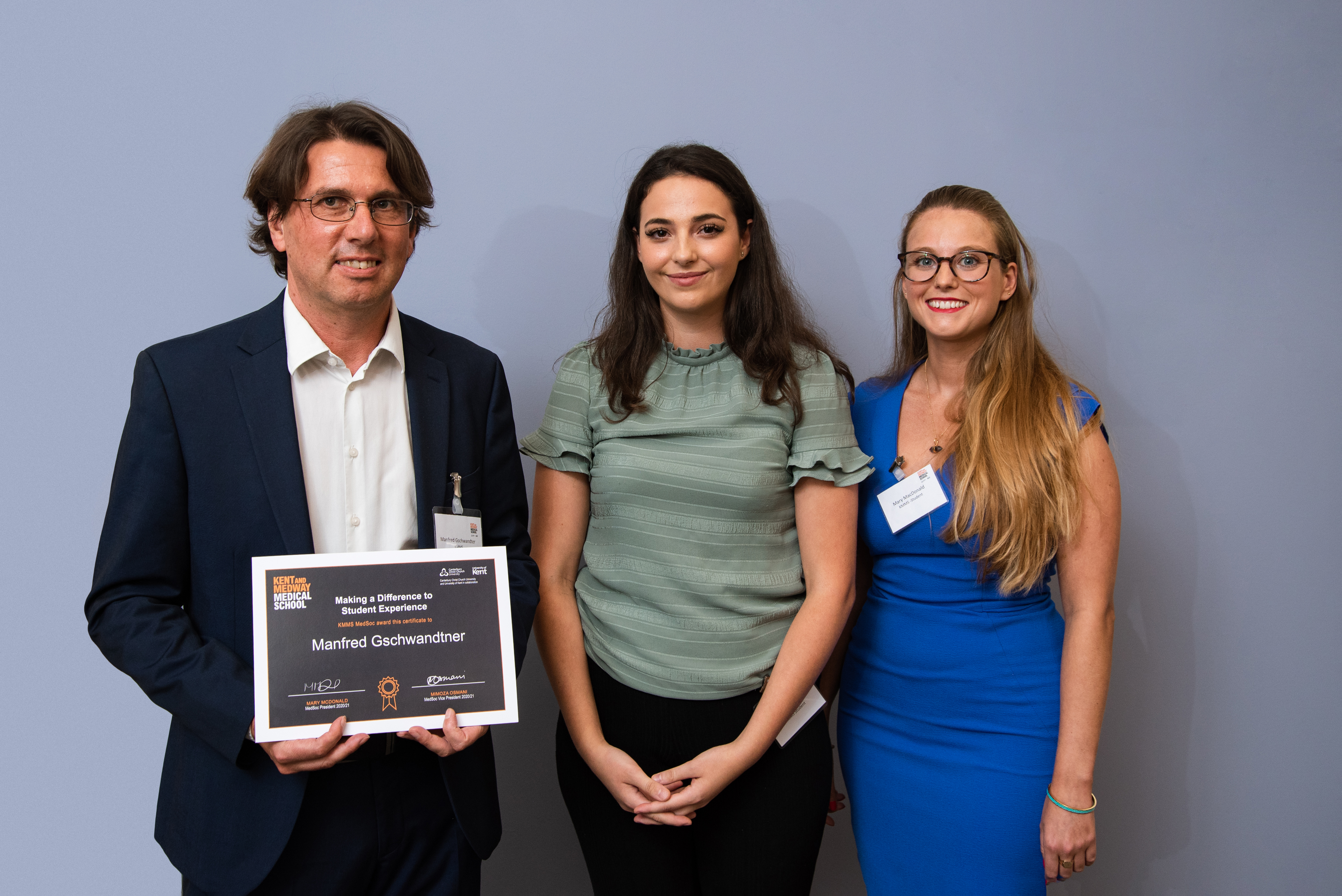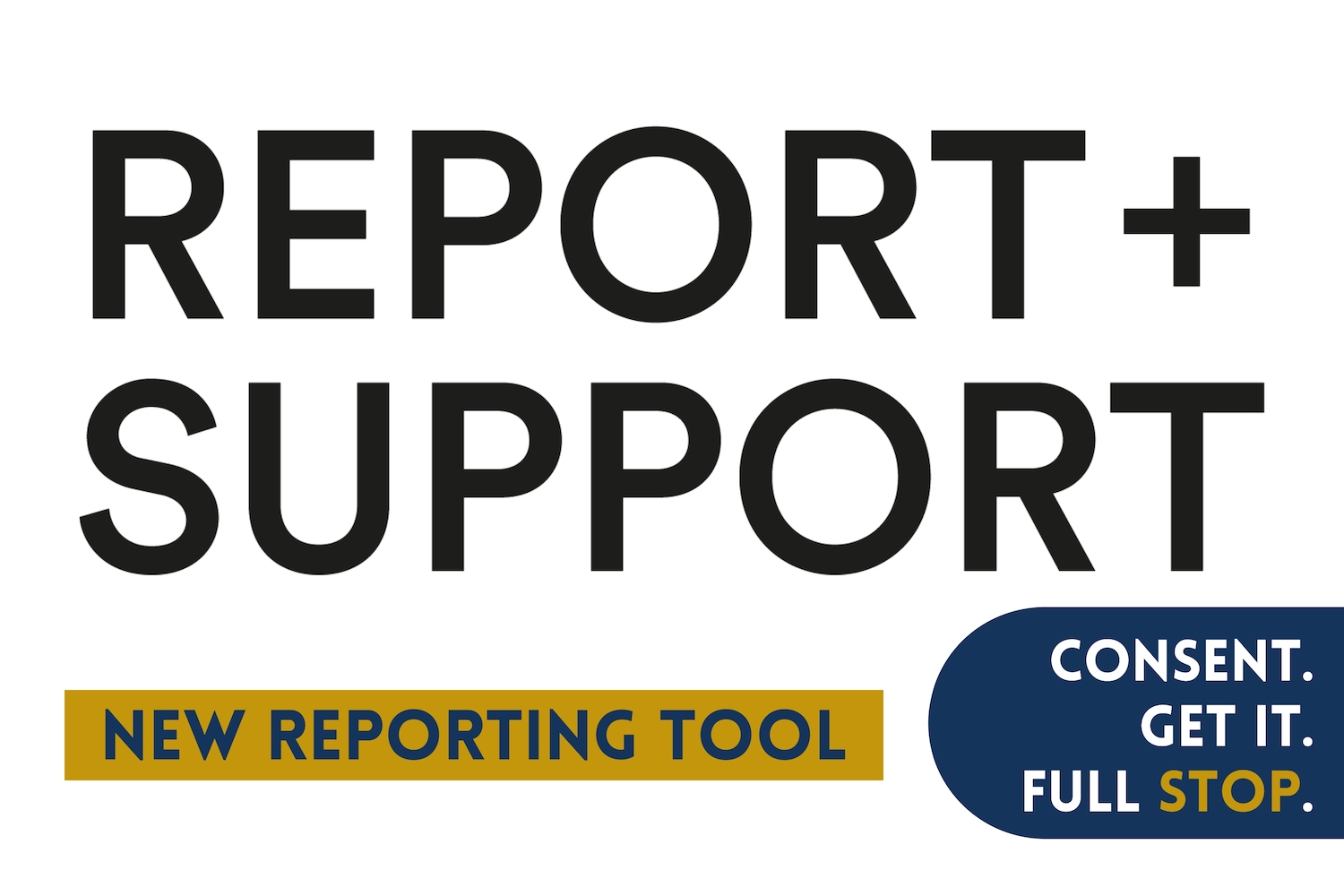There have been some important recent changes to the behaviour of the virus and to the advice that we need to follow in order to keep ourselves and our wider communities safe.
The Delta variant of Covid-19 is currently the most common in many regions of the UK including Kent and has changed how the virus is spreading. It has also changed the symptoms that are associated with infection with a headache, sore throat and runny nose now being commonly reported.
In young people, Covid infection can get mistaken for a cold or even hay fever.
Despite the relatively low-numbers of cases and the gradual easing of lockdown restrictions, Covid-19 is still with us and it is vital that we all:
Returning home
Please remember to get tested before leaving for home:
The FAQs below will help you understand what you need to do to keep you, your friends and family and our community safe.
I am sure we are all looking forward to the rest of the summer and hopefully some much improved weather. Please join us in doing everything we can to make sure we get to make the most of the summer and control the spread of Covid-19.
Please contact CovidSupport@kent.ac.uk if you have any questions or concerns.
Best wishes
Lucy
Dr Lucy Foley | Director of Student Services and University Public Health Lead
Revised Covid-19 FAQs
What are the revised symptoms of Covid-19?
People with Covid-19 have had a wide range of symptoms reported – ranging from mild symptoms to severe illness. Symptoms may appear 2-14 days after exposure to the virus. Anyone can have mild to severe symptoms. People with these symptoms may have Covid-19:
- Fever or chills
- Cough
- Shortness of breath or difficulty breathing
- Fatigue, muscle or body aches
- Headache
- New loss of taste or smell
- Sore throat, congestion or runny nose
- Nausea, vomiting or diarrhoea
What do I do if I think I might have symptoms?
If you think you might have symptoms of Covid-19, regardless of any asymptomatic (lateral flow) test results you may have recently had, self-isolate immediately, get a PCR test done and let us know. Not doing so may put you, your family and friends at risk.
You can book a PCR test online or by phoning 119. There are NHS PCR testing centres all over the UK. We have one in Rutherford Car Park on the Canterbury campus and in The Deep End at Medway.
Please do not go to an asymptomatic (symptom-free) testing centre if you have symptoms or are self-isolating.
See our guide on ‘What to do if you have Covid-19 symptoms or advised to self-isolate’.
What do I do if I’m symptom free?
Please get tested regularly. Asymptomatic (symptom-free) lateral flow testing should be carried out at least twice a week. Whilst it doesn’t completely rule out you having Covid-19, there is a good chance that positive cases will be detected and you can then take appropriate action.
Please do not go to an asymptomatic (symptom-free) testing centre if you have symptoms or are self-isolating.
You can order lateral flow home test kits online or pick them up from the Sibson Building on the Canterbury campus and The Deep End on the Medway campus.
A negative test result is not a guarantee that you do not have Covid-19.
You still to need to follow the NHS guidance on Hands, Face, Space, Test and abide by the Government restrictions on social gatherings – only 6 people or two households indoors and up to 30 people outdoors. Stick to the 2 metre rule whenever you can!
How can I get vaccinated?
The UK vaccination programme is now available free of charge to everyone over 18 years of age and current programmes have already shown that vaccination prevents hospitalisation and saves lives.
You can find out more about walk-in vaccination centres via the local media in your area, or use the NHS booking service online or by phoning 119.
For those of you travelling from term-time to vacation addresses, you do not need to have both vaccination appointments in the same place. You are free to book each one, or attend walk-ins, in different locations.
More information about the UK Covid-19 vaccination programme is available online and the NHS student vaccination FAQs are also now available, including more detailed information for international students.
What if I’ve been vaccinated?
You need to have had two Covid-19 vaccine doses to provide the recommended amount of protection against new variant Covid-19.
This protection starts approximately three weeks following your second dose.
Even when you have had both doses, you should still test regularly, follow the NHS guidance on Hands, Face, Space, Test and abide by the Government restrictions on social gatherings – only 6 people or two households indoors and up to 30 people outdoors.









